You are here: Home / Sleep / Guide / How To Fall Asleep When You’re Not Tired: 17 Useful Method
As an Amazon Associate we earn from qualifying purchases.
Last Updated on August 20, 2021 by Terry Cralle
Sleep disorders and difficulties are getting more and more common in the modern-day and age. We are getting used to working more and sleeping less, which is a terrible trend to follow. Now, sleep disorders can range from complete inability to sleep, having disrupted sleep, to waking up too early. Another arising issue is not being able to fall asleep because you’re body and brain aren’t tired.
For you to fall asleep, the brain needs to recognize some signals and cues, like that it is night, that your body temperature is lowering, and that you’re physically calmed down. However, the brain ignores these signals, doesn’t produce melatonin and you end up lying awake for hours. That is why in the following paragraphs we’ll present some tips and tricks that will help you fall asleep even when your body and brain aren’t cooperating.
It is definitely easier to fall asleep when your brain and body are tired. However, when you’re body isn’t tired at all, sleeping can be a real struggle. Here are some of the ways you can lower brain alertness and wakefulness and finally get some good night’s sleep;
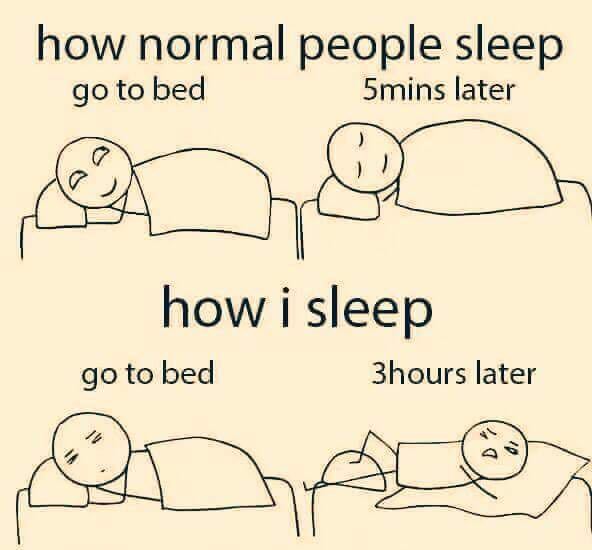 Studies have shown that sleep onset is much faster after you’ve taken a warm bath. By doing this, you’re helping the body calm down completely, lower your heartbeat, and slow your breathing. So, even though you’re not necessarily tired, it will lull you to sleep. You will feel more cozy, comfortable, and at ease.
Studies have shown that sleep onset is much faster after you’ve taken a warm bath. By doing this, you’re helping the body calm down completely, lower your heartbeat, and slow your breathing. So, even though you’re not necessarily tired, it will lull you to sleep. You will feel more cozy, comfortable, and at ease. Cool temperatures make the body cool as well, which induces sleep and makes the sleep onset occur much faster. Cooler temperatures also promote melatonin and adenosine production, both essential for falling asleep.
Cool temperatures make the body cool as well, which induces sleep and makes the sleep onset occur much faster. Cooler temperatures also promote melatonin and adenosine production, both essential for falling asleep.Also Read:
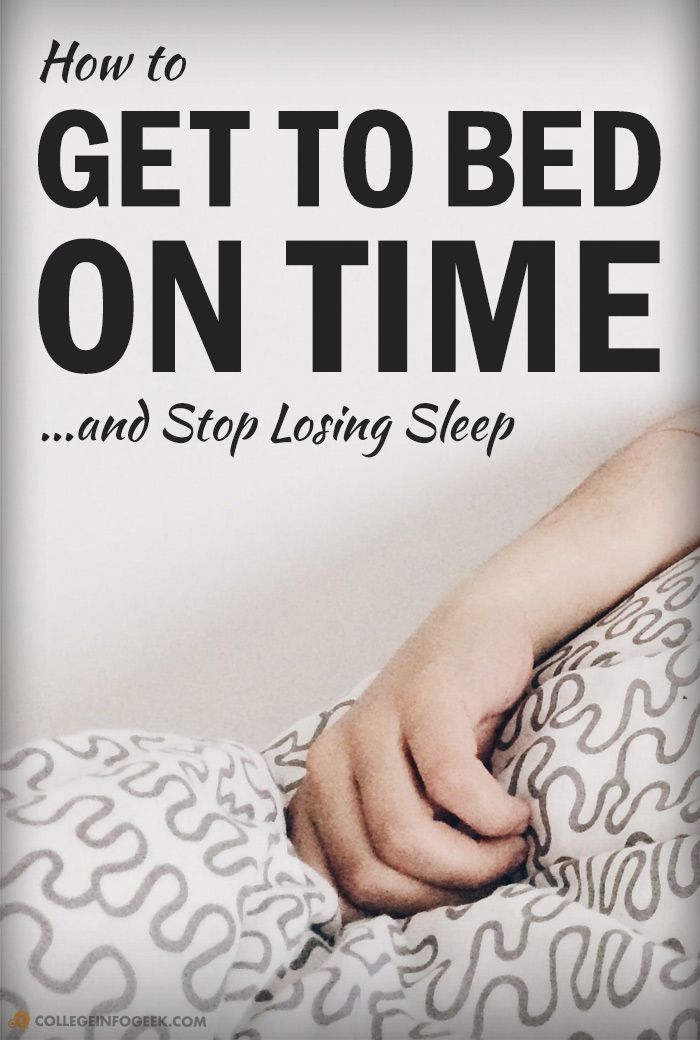 Cold Showers: The Benefits of Both Kinds of Showers
Cold Showers: The Benefits of Both Kinds of ShowersGo to top
 All of this food is rich in magnesium, vitamins, and amino acids like tryptophan, which is known to be able to convert into melatonin and serotonin.
All of this food is rich in magnesium, vitamins, and amino acids like tryptophan, which is known to be able to convert into melatonin and serotonin.Go to top
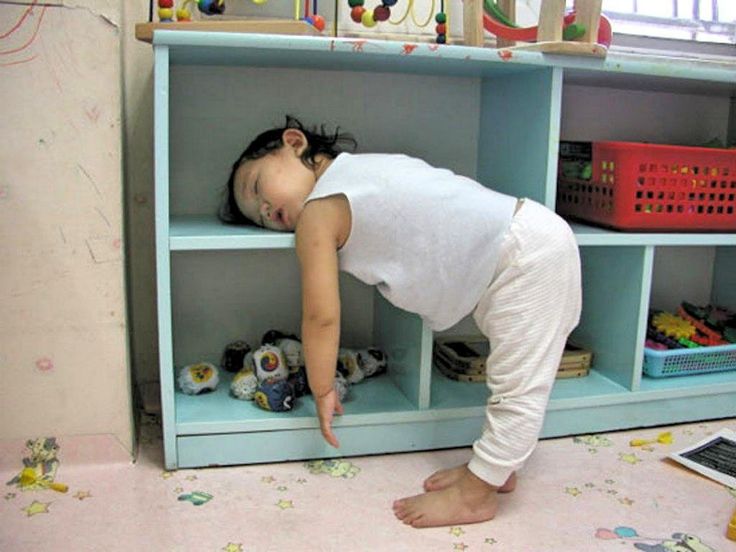 You’re aware that you’re not tired or sleepy, and you immediately proceed to worry and overthink. Now, that is the wrong approach. Instead, try to ignore the stressors and don’t think about falling asleep at all. Accept the fact that it might take you some time to fall asleep and try to lull yourself by thinking of something relaxing, meditating, and calming.
You’re aware that you’re not tired or sleepy, and you immediately proceed to worry and overthink. Now, that is the wrong approach. Instead, try to ignore the stressors and don’t think about falling asleep at all. Accept the fact that it might take you some time to fall asleep and try to lull yourself by thinking of something relaxing, meditating, and calming.
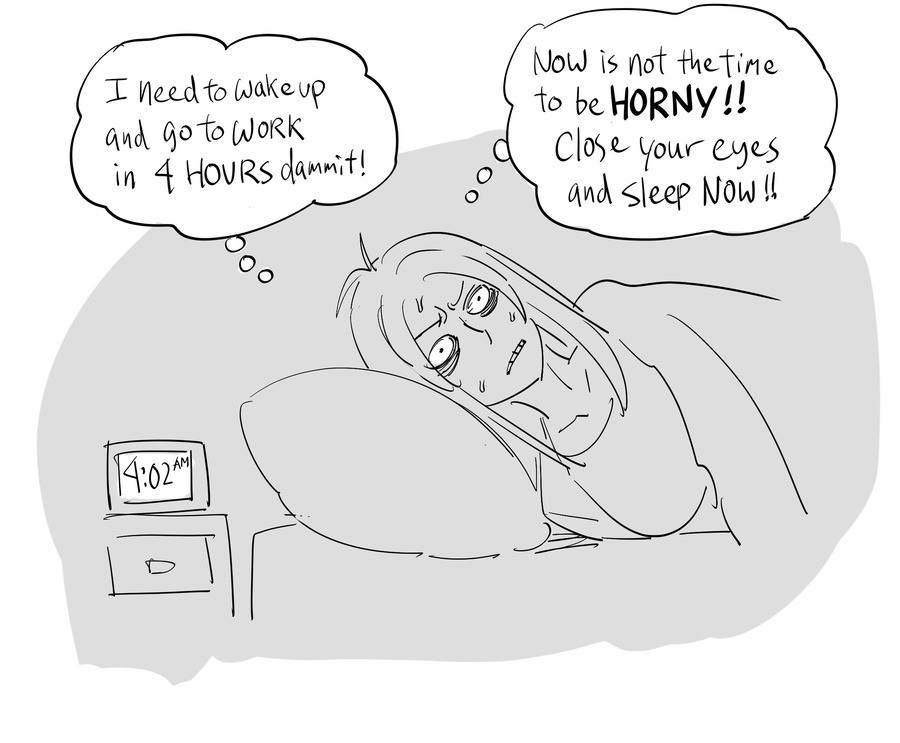 This will increase your adrenaline levels and make you awake and alert. Not to mention that it will take you even longer to fall asleep, or you might not fall asleep at all.
This will increase your adrenaline levels and make you awake and alert. Not to mention that it will take you even longer to fall asleep, or you might not fall asleep at all.It is important to bear in mind that sleep strategies don’t often work the very first time. Because your body and brain don’t feel tired, you will need to try the methods over and over again, until they start tiring your body out.
So, don’t get discouraged if you don’t fall asleep tonight right away. Instead, use your inability to fall asleep as an opportunity to try out some of the methods and see which ones are actually helpful.
There are numerous things you can do, and if none of them work, then make sure to discuss the issue with your doctor or medical professional.
You May Also Like: 9 Fastest Ways to Force Yourself to Sleep (More breathing method )
Sharing is caring!
The fastest way to sleep?
Spending more time trying to fall asleep rather than actually sleeping? You’re not alone.
Just the act of trying too hard can cause (or continue) a cycle of anxious, nerve-wracking energy that keeps our minds awake.
And if your mind can’t sleep, it’s really difficult for your body to follow. But there are scientific tricks you can try to flip the switch and guide your body into a safe shutdown mode.
We cover some science-based tricks to help you fall asleep faster.
It usually takes a magic spell to fall asleep this quickly and on cue, but just like spells, with practice you can eventually get to the sweet 10-second spot.
Note: The method below takes a full 120 seconds to finish, but the last 10 seconds is said to be truly all it takes to finally snooze.
The popular military method, which was first reported by Sharon Ackerman, comes from a book titled “Relax and Win: Championship Performance.”
According to Ackerman, the United States Navy Pre-Flight School created a routine to help pilots fall asleep in 2 minutes or less. It took pilots about 6 weeks of practice, but it worked — even after drinking coffee and with gunfire noises in the background.
It took pilots about 6 weeks of practice, but it worked — even after drinking coffee and with gunfire noises in the background.
This practice is said to even work for people who need to sleep sitting up!
If this doesn’t work for you, you may need to work on the foundations of the military method: breathing and muscle relaxation, which have some scientific evidence that they work. Also, some conditions such as ADHD or anxiety may interfere with this method’s effectiveness.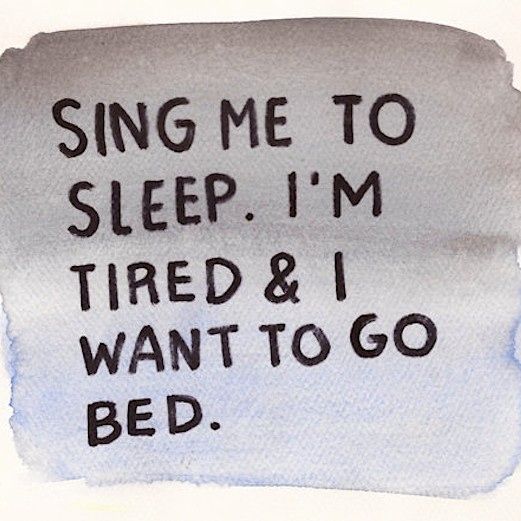
Keep reading to learn about the techniques this military method is based on and how to practice them effectively.
These two methods, which focus on your breathe or muscles, help you take your mind off topic and back to bed.
If you’re a beginner trying these hacks out, these methods may take up to 2 minutes to work.
Mixing together the powers of meditation and visualization, this breathing method becomes more effective with practice. If you have a respiratory condition, such as asthma or COPD, consider checking with your doctor before beginning, as this could aggravate your symptoms.
To prepare, place the tip of your tongue against the roof of your mouth, behind your two front teeth. Keep your tongue there the whole time and purse your lips if you need to.
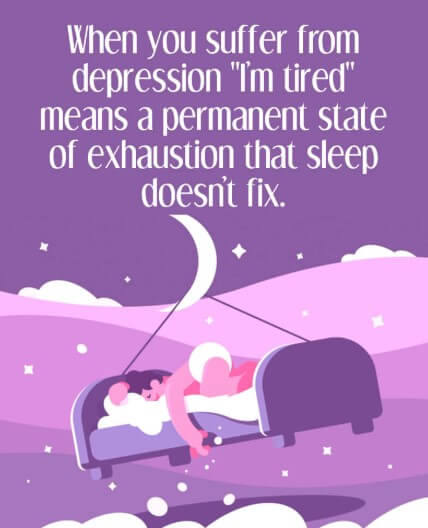 Count to 4 in your head.
Count to 4 in your head.Progressive muscle relaxation, also known as deep muscle relaxation, helps you unwind.
The premise is to tense — but not strain — your muscles and relax to release the tension. This movement promotes tranquility throughout your body. It’s a trick recommended to help with insomnia.
Before you start, try practicing the 4-7-8 method while imagining the tension leaving your body as you exhale.
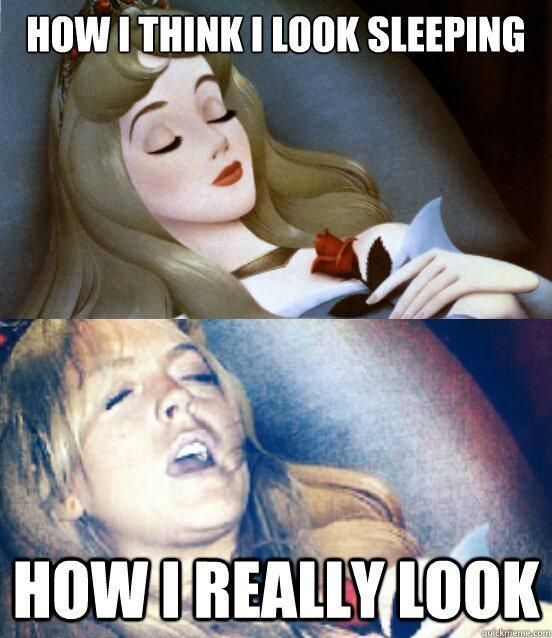 Wait 10 seconds.
Wait 10 seconds.As you do this, focus on how relaxed and heavy your body feels when it’s relaxed and in a comfortable state.
If the previous methods still didn’t work, there might be an underlying blockage you need to get out. Try these techniques!
Also called paradoxical intention, telling yourself to stay awake may be a good way to fall asleep faster.
For people — especially those with insomnia — trying to sleep can increase performance anxiety.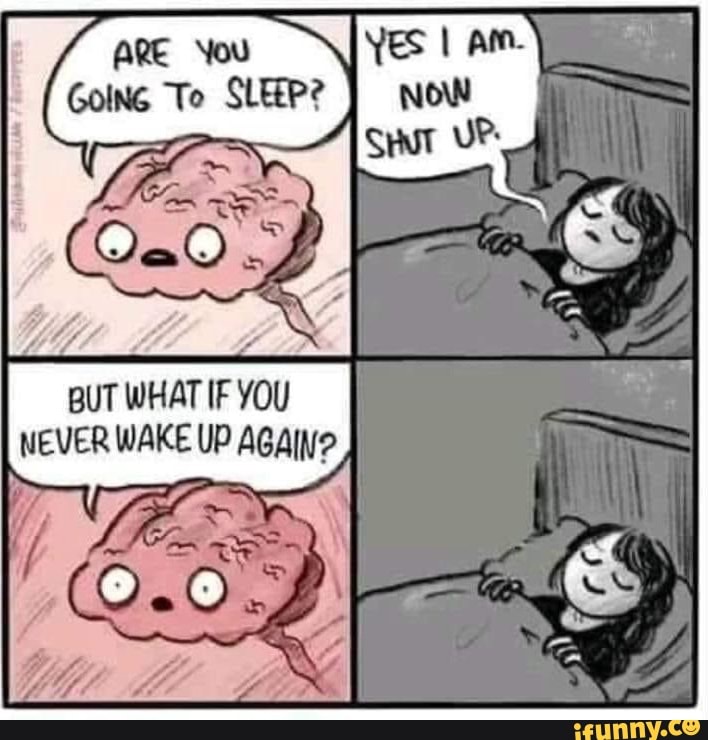
Research has found that people who practiced paradoxical intention fell asleep faster than those who didn’t. If you often find yourself stressed out about trying to sleep, this method may be more effective than traditional, intentional breathing practices.
If counting activates your mind too much, try engaging your imagination.
Some say that visualizing something can make it real, and it’s possible this works with sleep, too.
In a 2002 study from the University of Oxford, researchers found that people who engaged in “imagery distraction” fell asleep faster than those who had general distraction or no instructions.
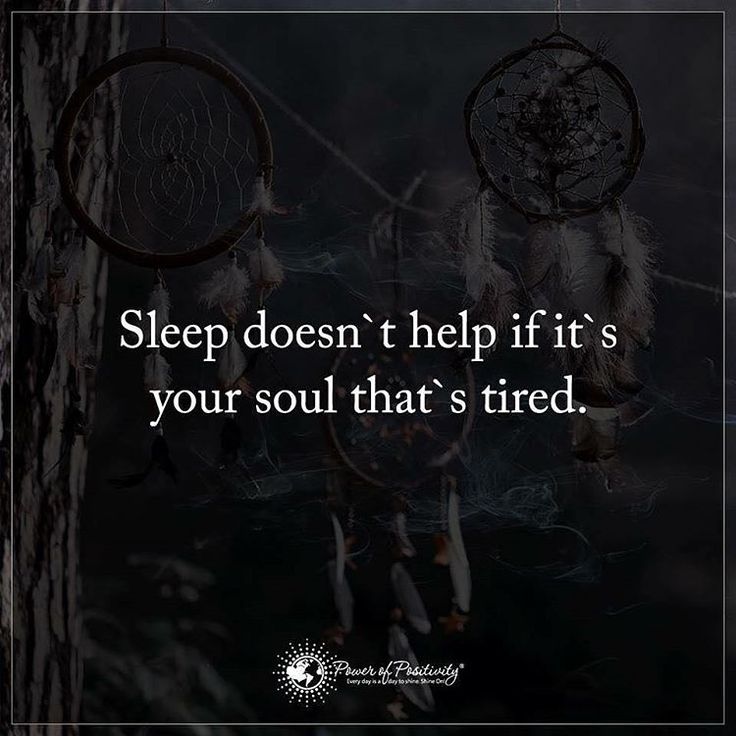
There’s not enough research to confidently determine if acupressure truly works. However, the research that’s available is promising.
One method is to target areas you know and feel are particularly tense, such as the upper part of your nose bridge or your temples.
However, there are also specific points in acupressure that are reported to help with insomnia. Here are three you can do without sitting up:
1. Spirit gate
Share on Pinterest
2. Inner frontier gate
Share on Pinterest

3. Wind pool
Share on Pinterest
If you’ve tried these methods and are still finding yourself unable to fall asleep in 2 minutes or less, see if there are other tips you can take to make your bedroom a more sleep-friendly place.
If you find the atmosphere in your room to be damaging to your sleep, there are tools you can use to block out the noise. Literally.
Literally.
Try investing in blackout curtains, white noise machines (or listening to music with an auto-stop timer), and ear plugs, all of which you can buy online. You can browse more products in our sleep shop for getting your best Zs ever.
On the other hand, sleep hygiene, or clean sleep, is real and effective.
Before you truly take on the military method or 4-7-8 breathing, see what you can optimize to your bedroom for soundless slumber.
Christal Yuen is an editor at Healthline who writes and edits content revolving around sex, beauty, health, and wellness. She’s constantly looking for ways to help readers forge their own health journey. You can find her on Twitter.
According to statistics, more than 50% of Russians suffer from sleep disorders. Yes, and you probably had situations when you seemed to be tired, but you didn’t want to sleep at all. Let's talk about the most effective methods that will help you fall asleep.
Do not have a big dinner, the optimal time for the last meal is 2 hours before bedtime. Take a warm shower or soothing bath with aromatic and relaxing oils (you can buy them at any store). Then you can drink warm milk with honey.
Be sure to ventilate the room and prepare the bed. Remember that bedding should be made from natural and hypoallergenic fabrics.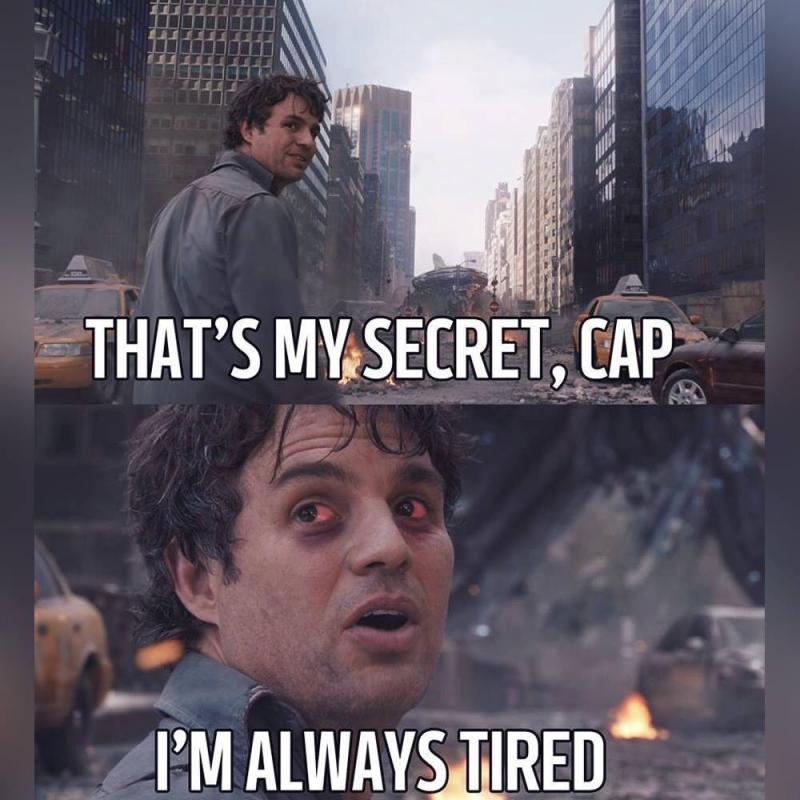 Change it once a week. Choose a pillow of medium hardness.
Change it once a week. Choose a pillow of medium hardness.
For maximum relaxation, turn on calm pleasant music or just sit for 10 minutes in silence. You should not watch TV, and put your phone away until morning.
Pay attention to the posture - in most cases, an uncomfortable position just prevents you from falling asleep.
The most popular method is breathing exercises, which were practiced in ancient India. There are several options.
1. place the tip of the tongue on the palate behind the upper teeth;
2. take a deep breath, slowly counting to 4;
3. hold your breath for 7 seconds;
4. make a noisy long exhalation for 8 seconds;
5. Repeat until you are tired.
These breathing practices have a sedative effect on the body and slow the heart rate, which calms the brain and relaxes the body. The 4-7-8 technique is considered one of the most popular and effective, it will take you just 1 minute to fall asleep.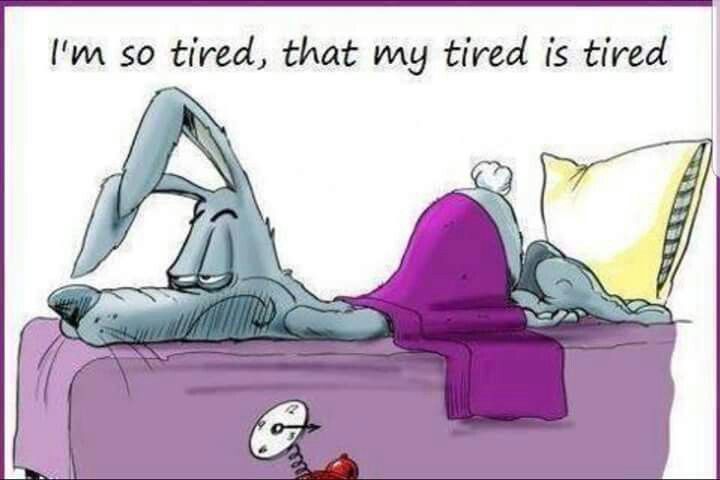
1. Inhale and exhale for each count. For example, inhale - one, exhale - two., inhale - three, and so on up to ten;
2. focus on each number and relax;
3. After 10, start over and repeat the exercise three times.
1. take a comfortable position and close your eyes;
2. Open and close your eyes at regular intervals (for example, while inhaling and exhaling).
This practice helps the body relax faster and slow down the brain.
To do this, you will have to master the Chinese method of activation of active points. The exposure time for each is 30 seconds, and you need to move clockwise.
1. With heated fingers, massage the earlobe, moving towards the top of the ear;
2. Press with your index finger on the point between the eyebrows and massage with “twisting” movements;
3.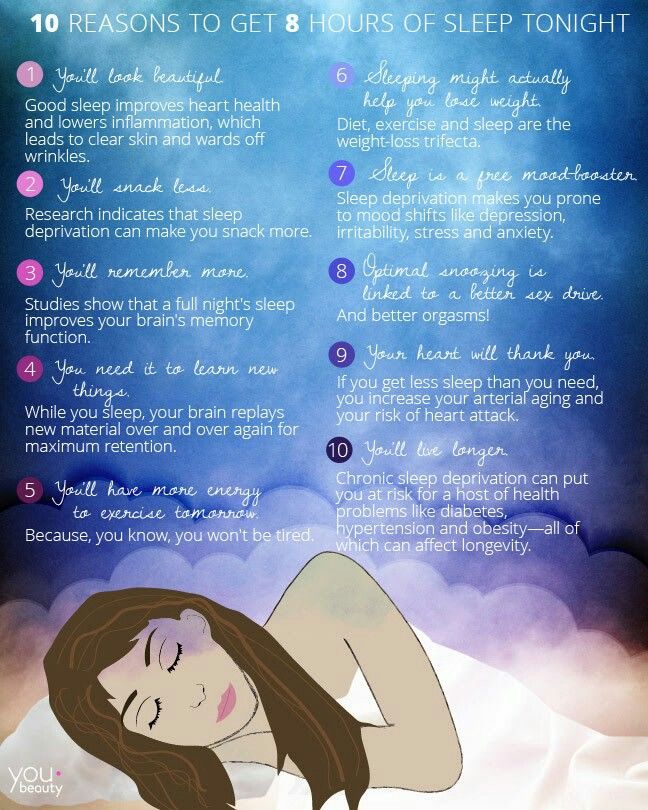 Do the same in the temporal area.
Do the same in the temporal area.
Repeat the set of exercises twice.
The equipment used by the special services will help you fall asleep at any time of the day. They say Suvorov practiced it. And it's easy to repeat:
1. lie on your back, stretch your arms along your body and relax;
2. imagine yourself in a quiet place, such as a beach or a flowered garden;
3. close your eyes and roll your eyes up.
Recommended
We use cookies on this website. By continuing to use the site, you consent to the use of your cookies. Learn more about cookies and how your data - in the Policy privacy.
Everyone knows how important a healthy and full sleep is for every person. And not only its duration, but also its quality. But what to do if it’s 3 a.m. on the clock, and there’s no sleep in one eye? Rather, read simple and effective life hacks that will help you fall asleep in just a minute. Well, at least two!
But what to do if it’s 3 a.m. on the clock, and there’s no sleep in one eye? Rather, read simple and effective life hacks that will help you fall asleep in just a minute. Well, at least two!
Tatyana Shamanina
Tags:
Valeria
Healthy sleep
dream
Insomnia
good sleep
Shutterstock
Good sleep is very important. Without it, it is impossible to feel good. The body and brain will not be able to fully function. Many people have no trouble falling asleep, but some have difficulty falling asleep quickly and don't know how to fall asleep quickly. Let's hurry to help!
Contents of the article
We offer a complete list of tips on what to do if you can't sleep at all, and show a proven video instruction that answers the question of how to fall asleep quickly.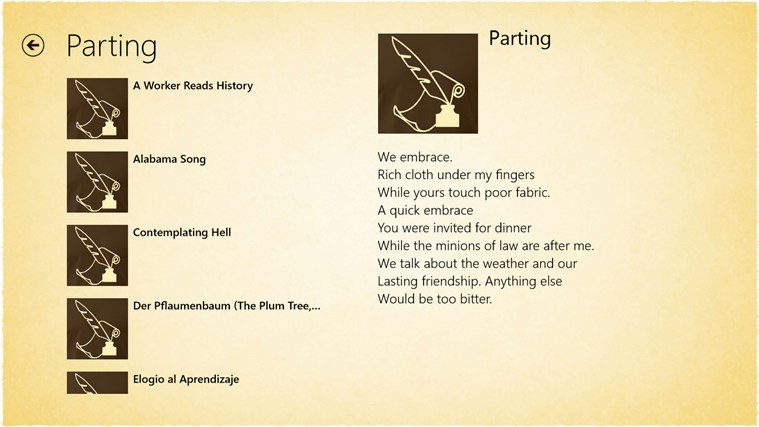 And, of course, we deal with the main causes of insomnia.
And, of course, we deal with the main causes of insomnia.
Why does insomnia occur? There are several main reasons, from pregnancy to stress. To win the battle with the disease, you first need to establish the root cause of sleep disturbance. There are different ways to fall asleep quickly, and if you are worried about insomnia, you should use them.
Constant changes in work schedule, periodic lack of sleep on weekdays or oversleeping on weekends - all this causes sleep problems. Try to go to bed and wake up at about the same time every day, even on weekends. If you usually wake up at 7 am, then on rest days, get up no later than 8-9 am. This will help your body establish sleep patterns and regulate your circadian rhythm (internal clock). The body will feel sleepy and energized only at certain hours.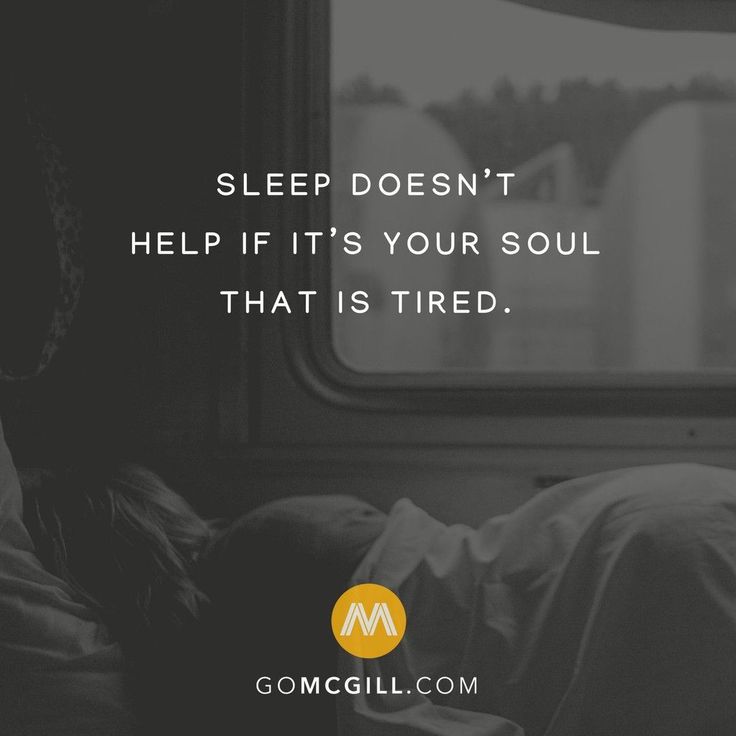 This advice usually helps those who do not know how to fall asleep quickly without drugs - it is effective and efficient.
This advice usually helps those who do not know how to fall asleep quickly without drugs - it is effective and efficient.
IT'S INTERESTING
Valeria and other stars who have the status of mothers of many children
Singer Valeria is the mother of three adult children who were born in marriage to producer Alexander Shulgin. But the heirs practically do not communicate with their abusive father. The singer's sons - Artemy and Arseniy - got married one after the other. The wedding of the elder took place in Switzerland, only the closest relatives of the couple were present. The younger celebrated a grandiose event in a big way - all secular Moscow was invited to the celebration (except for father Alexander Shulgin). Valeria's daughter is building a personal brand under the pseudonym SHENA.
1 of 7
Before you ask yourself what to do about insomnia, analyze your diet. He is also responsible for the quality of sleep, for how quickly you fall asleep at night.
He is also responsible for the quality of sleep, for how quickly you fall asleep at night.
Insomnia can be caused by hyperactivity, a condition where your brain simply cannot relax. In an excited state, the body cannot psychologically prepare for sleep. To relax, do not stay up late with work projects and try to let go of all disturbing thoughts. How to quickly fall asleep and sleep? Avoid stressful conditions during the day, complete work tasks, leaving time for rest in the evening.
How to quickly fall asleep and sleep? Avoid stressful conditions during the day, complete work tasks, leaving time for rest in the evening.
About 50-80% of people who experience depression and anxiety report sleep problems. Depression worsens insomnia, and insomnia worsens depression. Anxiety also disrupts sleep, and poor sleep is a direct path to anxiety. All this resembles a vicious circle. How to fall asleep quickly in this state if you can't sleep? Of course, effective help is needed to cope with insomnia
Insomnia during pregnancy is common. In fact, up to 78% of pregnant women cannot sleep properly. Most often, sleep problems begin in the third trimester.
A number of factors contribute to this:
Although insomnia during pregnancy is a common problem, it, according to doctors, disappears immediately after childbirth. But expectant mothers have to apply methods and techniques on how to fall asleep very quickly in order to have a good rest and sleep at night.
But expectant mothers have to apply methods and techniques on how to fall asleep very quickly in order to have a good rest and sleep at night.
Many diseases cause sleep disorders. For example, apnea. This is a condition in which a person suddenly stops breathing during sleep. According to scientific data, 38% of people with sleep apnea suffer from insomnia. Another common ailment that causes insomnia is restless leg syndrome. A neurological disease causes discomfort in the lower extremities and knocks down the sleepy mood.
What other health problems prevent you from falling asleep quickly and cause insomnia:
falling asleep simply will not occur.
Certain drugs
Insomnia is a side effect of many common medications. In order to fall asleep quickly, they take medicine. And it can have the opposite effect. The main groups of drugs that cause sleep problems:
In order to fall asleep quickly, they take medicine. And it can have the opposite effect. The main groups of drugs that cause sleep problems:
Insomnia is trouble falling or staying asleep that lasts more than one or two days. About every third person on the planet faces sleep disorders. Insomnia is especially common in older people. They often wonder what to do to fall asleep quickly. Unfortunately, not everyone knows how to correct violations. The main symptoms of insomnia:
The main symptoms of insomnia:
How to fall asleep with insomnia without drugs? We share two proven methods.
Good sleep is the right attitude. To fall asleep, you need to exclude any hyperactivity before bedtime. Sleep hygiene will help you with this. Thus, you will learn how to fall asleep quickly with insomnia without medication. Follow the steps:

Cognitive behavioral therapy is an excellent remedy for insomnia. The method consists of two parts - stimulus control and sleep restriction.
How does stimulus control work? Cognitive Behavioral Therapy goes beyond the basic principles of sleep hygiene. The goal of the first part is to eliminate or control the factors that cause insomnia. Here are the basic principles of stimulus control:
 This is one of the tricks on how to fall asleep quickly, it is easy to do at home.
This is one of the tricks on how to fall asleep quickly, it is easy to do at home. How does sleep restriction work? At first glance, it sounds illogical. In fact, sleep restriction really helps, and there are no questions about how to fall asleep quickly in one minute after a course of cognitive behavioral therapy. But, according to doctors, it is better to practice it under the supervision of a therapist or psychiatrist. Sleep restriction includes several steps:
First, you analyze your sleep during the week and write down in a diary how much you sleep on average.
For example, you sleep an average of 6 hours every day. At the same time, you need to get up, for example, at 8 in the morning. It turns out that you should go to bed 6 hours before the time of awakening, namely at 2 am.
One week after the start of therapy, add 30 minutes to sleep. That is, during the 2nd week you should fall asleep no longer at 2 am, but at 1:30.
At week 3 of therapy, add another 30 minutes and fall asleep at 1 am. Add 30 minutes each week until you reach 8 hours of healthy sleep.
During therapy, the doctor must correct your steps and monitor the dynamics. Remember - the first few weeks you will feel tired.
youtube
Click and watch
Don't know how to fall asleep quickly? Let's talk about the most effective methods!
The most popular technique is called "4-7-8". The method helps to calm down and relax before going to bed. Don't know how to fall asleep quickly at night - try this fastest way:
The method helps to calm down and relax before going to bed. Don't know how to fall asleep quickly at night - try this fastest way:
How to fall asleep quickly during the day? Easily! Replace light tulle with thick blackout curtains. Bright light affects our internal clock, so falling asleep during the day is much more difficult. Draw the thick fabric curtains and keep the sun out of the room. Darkness increases the feeling of drowsiness, as it causes our body to produce melatonin, a hormone necessary for healthy sleep.
The food you eat in the evening affects sleep. Many studies show that a high-carb, low-fat dinner reduces the quality of sleep. And eating low-carb, high-fat meals in the evening helps you fall asleep. If you suffer from insomnia and you don't know how to fall asleep quickly, review your menu.
A life hack on how to fall asleep quickly at night without sleeping pills - go in for sports in the morning, not at the end of the day. Physical activity is very beneficial for healthy sleep. Get regular exercise to increase your serotonin production and lower your cortisol levels. If this becomes a habit, then the question “how to fall asleep quickly in 1 minute” will be a thing of the past.
Instead of thinking about problems and work issues before bed, imagine yourself in a place that makes you happy. The place can be real or fictional, the main thing is that you must completely immerse yourself in your fantasies, as you immerse yourself in a dream. A simple technique that helps to effectively deal with accumulated fatigue will occupy the mind with good thoughts. Now you know how to fall asleep quickly at night without sleeping pills at home.
The place can be real or fictional, the main thing is that you must completely immerse yourself in your fantasies, as you immerse yourself in a dream. A simple technique that helps to effectively deal with accumulated fatigue will occupy the mind with good thoughts. Now you know how to fall asleep quickly at night without sleeping pills at home.
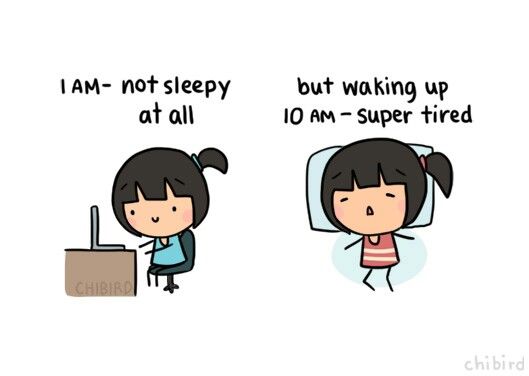 The technique is effective, you can master it after a period of training.
The technique is effective, you can master it after a period of training. Evgenia Bereza
clinical psychologist
“Quiet, full sleep is one of the important signs of a person's mental health. If you toss and turn in your bed for hours, do not understand how to fall asleep quickly, and feel overwhelmed in the morning, this is a reason to contact a psychologist or a somnologist, a specialist dealing with sleep problems.
It is important to analyze in each case what exactly is the cause of insomnia. Without identifying the cause, it is impossible to eliminate the symptom and figure out how to fall asleep quickly. If chronic pains prevent you from falling asleep, and you lie in bed and try to imagine "something pleasant" or read advice about "sports in the morning" - this is unlikely to help you. Therefore, a full and comprehensive examination is necessary.
If your insomnia has not yet reached catastrophic proportions and is simply the result of an irregular sleep schedule, then self-discipline will help you.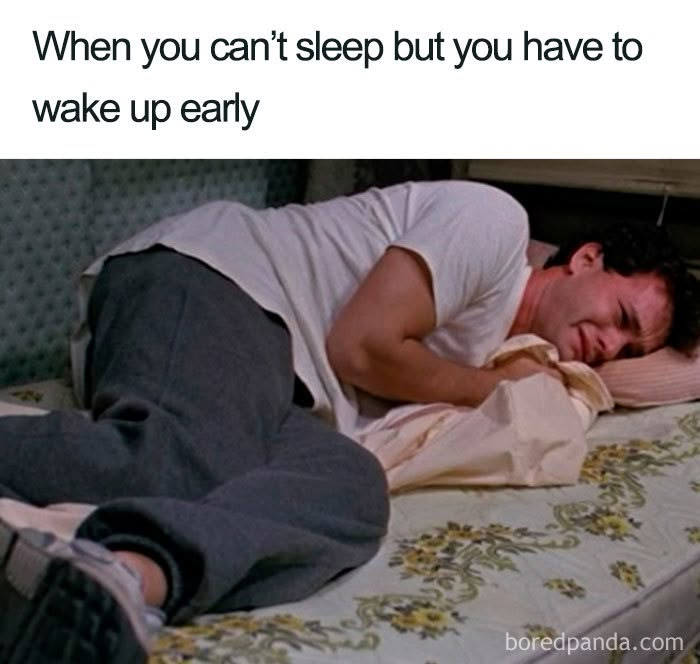 You may have to work with procrastination, or even with perfectionism, when working thoughts do not let you go even before going to bed. You need to learn how to switch your focus of attention, there are many psychological techniques for this, but it is better to contact a specialist so that he will tell in detail how the techniques work to fall asleep quickly.
You may have to work with procrastination, or even with perfectionism, when working thoughts do not let you go even before going to bed. You need to learn how to switch your focus of attention, there are many psychological techniques for this, but it is better to contact a specialist so that he will tell in detail how the techniques work to fall asleep quickly.
There are people who simply cannot fall asleep on an empty stomach, hence those notorious trips to the refrigerator at 12 at night and the rustling of sweets throughout the house. And indeed, many will eat a chocolate bar and fall asleep immediately. But in fact, this is more of a ritual than really helping carbohydrates. This ritual can be successfully replaced with any other. To fall asleep quickly and sleep through the night, try drinking a glass of water and massaging your ears. Why not a sleep habit? You will see that over time, it can crowd out your nightly trip to the refrigerator from your life.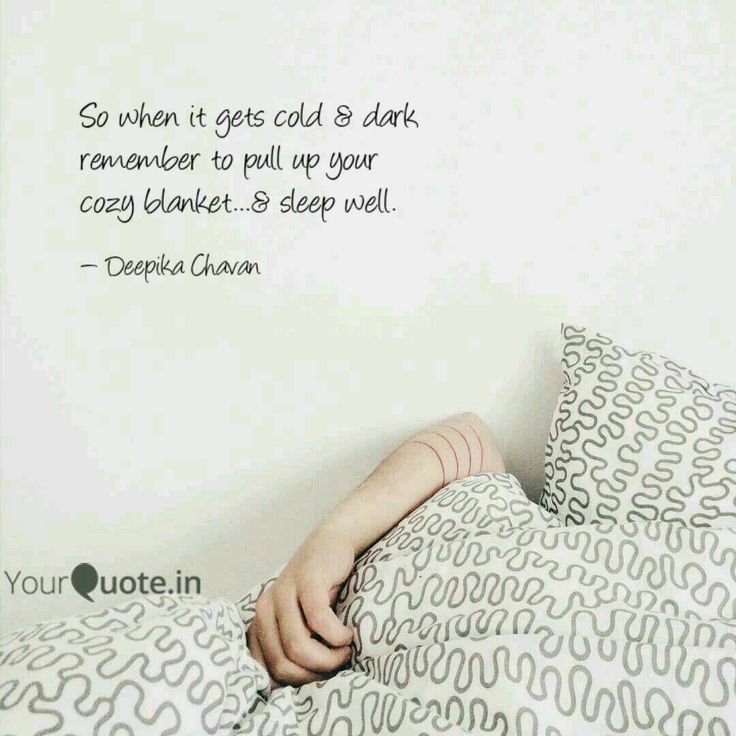
If you are in a state of depression, you can not do without the help of a specialist, otherwise you most likely will not be able to break this dangerous vicious cycle of "insomnia-depression-insomnia" to finally fall asleep quickly. The less you sleep, the more depressive you become, and the less likely you are to recover your sleep. The solution must begin with the elimination of the cause of anxiety, with editing techniques, regular therapy, and only then come to a gradual step-by-step solution to the sleep problem.
Nowadays, it is very difficult to maintain sleep hygiene, when the only time "for yourself" is exactly the hour before bedtime, when we all get into social networks or read world news for the day. But if you teach yourself to put your gadgets aside at least 30 minutes before bedtime, set yourself a strict sleep and wake up schedule, and learn two or three relaxing breathing techniques and meditations, then insomnia can recede quite quickly - you will quickly fall asleep, sleep well and get enough sleep.
All the tips and tricks on what to do to fall asleep quickly - from exercising in the morning to changing your diet and giving up coffee - are great. But you need to understand that long-term habits are not so easy to break. Therefore, I strongly recommend not to drag out insomnia to a chronic condition, but to contact a specialist as soon as possible, who will help you form new patterns of behavior, thanks to which you will learn to fall asleep easily and wake up rested.
It is important to remember that a person who does not get enough sleep gets tired faster, is always irritable, gains weight more easily, gets sick more often and after some time is on the verge of a nervous breakdown from lack of sleep. Therefore, you should not take sleep lightly and laugh it off with the phrases "let's sleep in the next world", sleep, like food and water, is a thing of paramount importance for our body. Take care of it right now, without putting off going to the therapist on the back burner, then you won’t have to figure out what to do to fall asleep quickly - sleep will normalize, and health will improve along with it.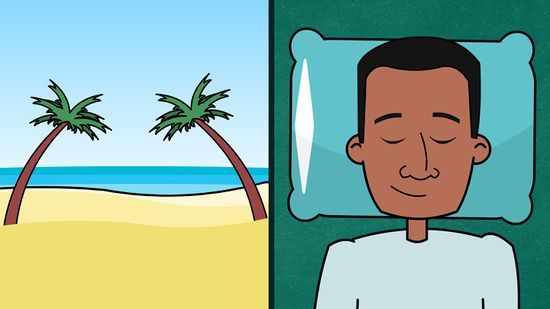 ”
”
How to fall asleep quickly in 5 minutes - some people start counting sheep or elephants, and this helps. Some cannot sleep without medication and buy sleeping pills. To fall asleep quickly with sleeping pills, you need to follow the instructions for the drug and take it immediately before bedtime. A doctor must write a prescription for strong sleep medications - you cannot try strong drugs without consulting a specialist, as this can be life-threatening. However, in some cases, the selection of drugs is simply necessary: drugs are needed to quickly fall asleep for both an adult and a teenager.
Let's talk about the most popular substances in sleeping pills that help you fall asleep quickly.
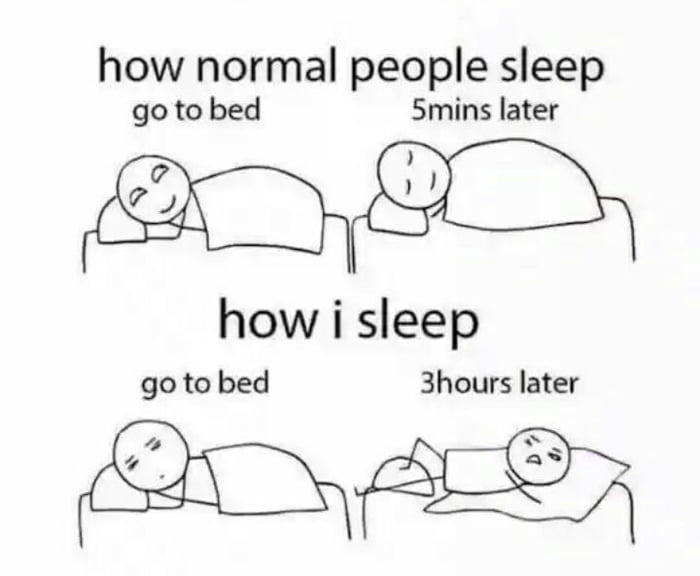 If the brain does not produce enough melatonin, then the person no longer knows how to fall asleep quickly, if you do not want to sleep at all. Sleeping pills containing melatonin come into play. They tend to be most effective for people with sleep disorders, but most often these drugs are sold by prescription only. They are prescribed by doctors in the case when the question is how to fall asleep quickly if you can’t sleep.
If the brain does not produce enough melatonin, then the person no longer knows how to fall asleep quickly, if you do not want to sleep at all. Sleeping pills containing melatonin come into play. They tend to be most effective for people with sleep disorders, but most often these drugs are sold by prescription only. They are prescribed by doctors in the case when the question is how to fall asleep quickly if you can’t sleep. If your doctor has prescribed sleeping pills for you, you need to understand that this is a short-term solution. Although they provide an answer to the question of how to fall asleep quickly, the drugs have not only a positive, but also a negative effect. Most sleeping pills are addictive and have negative side effects. Here are some of them:
Most sleeping pills are addictive and have negative side effects. Here are some of them:
If you have insomnia, can you do without pills? Of course. One of the successful methods of treatment is music. There are special programs that use music to fall asleep quickly.
Pleasant melodies and sounds affect the nervous system and prepare the body for sleep. Those who listen to 45 minutes of relaxing music before bed fall asleep faster, sleep longer, and wake up less in the middle of the night. Music slows down your heart rate and breathing, lowers your blood pressure, and even relaxes your muscles. Music, in order to fall asleep quickly and sleep peacefully, should be pleasant and quiet.
When choosing music, you need to consider your personal preferences.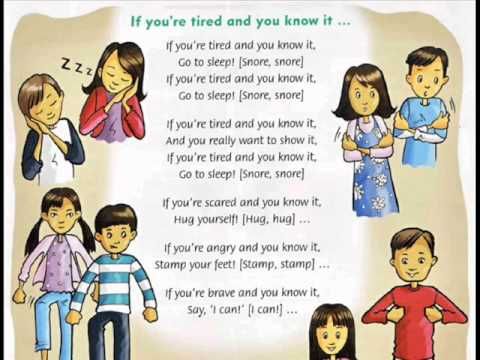 It turns out that there are lullabies not only for babies, although they are a sure and proven way if the question is how to quickly fall asleep to a child. Selected melodies help to cope with insomnia and adults. Favorite and familiar tracks will probably help you relax. But do not forget - melodic pieces are also ideal.
It turns out that there are lullabies not only for babies, although they are a sure and proven way if the question is how to quickly fall asleep to a child. Selected melodies help to cope with insomnia and adults. Favorite and familiar tracks will probably help you relax. But do not forget - melodic pieces are also ideal.
Music to fall asleep quickly can be different. The best is one that matches the rhythm of 60 to 80 beats per minute. Usually these are classical, jazz or folk melodies - the right music will help both a teenager and an adult fall asleep quickly. Quiet and calm music can be muffled all evening to help an adult fall asleep quickly.
On average, a healthy adult should sleep 7-9 hours a day, and those who wonder how to fall asleep quickly with insomnia and get enough sleep often experience serious lack of sleep. Poor sleep is the cause of many diseases. After insomnia, a person may experience a number of unpleasant sensations and face unhealthy consequences.